Addressing the middle-class public relations bubble
A new research report seeks to address socio-economic diversity within public relations practice.
A research report by Caitlin Plunkett-Reilly, published by the CIPR Research Fund, finds that socio-economic diversity in the public relations industry inhibits its ability to communicate effectively and ethically with the full range of societal audiences.
The report's title - Fish out of water - captures the experiences of many practitioners from lower socio-economic backgrounds within the industry.
"Interviews with practitioners from lower socio-economic backgrounds have highlighted how difficult it can be to get in and get on. For the profession tasked with communicating with a wide range of audiences across society on all manner of issues, this lack of socio-economic diversity poses a threat to its future,” said Caitlin Plunkett-Reilly.
The diversity challenge in public relations
A quarter of public relations practitioners attended private school, according to the CIPR’s own data, compared to 7% of the general population. They earn an average of £12,000 more annually than their state-educated counterparts.
The report finds that socio-economic status intersects with gender, ethnicity, sexuality and disability to compound disadvantage. Tackling socio-economic diversity is seen as one important strand in improving representation across different demographic groups.
The report follows The PR Population Report by Ben Verinder published by the CIPR last week which identified the issue of women in the industry not getting the support to progress to senior roles and leaving the industry. It was based on analysis of data from the 2021 Census.
The Fish out of water report argues that public relations practice should represent the organisations and public that it serves. Audiences are more likely to relate to and trust communications from a diverse industry.
The benefit of socio-economic representation
Practitioners from working-class backgrounds bring different lived experiences that can challenge assumptions and provide new perspectives. This sparks more creativity, innovation and thoughtful communications that consider different viewpoints.
The report suggests practitioners from lower socio-economic backgrounds develop strong problem-solving, resourcefulness and resilience skills from their upbringing. These translate into valuable professional strengths.
It finds anecdotal evidence to suggest that those experiencing disadvantage are more likely to pursue 'prosocial' careers that aim to make a positive societal impact. This increases the likelihood of ethical, community-focused public relations work.
The report identifies barriers such as the prevalence of unpaid internships, the inability to live in expensive cities like London without parental support on entry-level salaries, and degree requirements for jobs that could be done without one. There is also a perception that jobs go to personal contacts rather than through fair and open recruitment processes.
Interventions to address socio-economic diversity
Sarah Waddington CBE and I founded Socially Mobile in 2020 to help tackle this issue. It helps provide management training to practitioners from lower socio-economic backgrounds, as well as under-represented and under-served groups including ethnic minority practitioners, the LGBTQ+ community, women returners and those with disabilities.
Two accompanying toolkits have been published alongside the research. The first signposts support practitioners from lower socio-economic backgrounds to access resources on navigating recruitment, mentoring programmes and networking, and wider support organisations. The second is a toolkit for employers.
The CIPR Research Fund published a report by Stuart Baird at Baker Baird and Elizabeth Bridgen at Sheffield Hallam University in February 2023, which also examined the issue of inequality in public relations practice. It recommended a range of interventions, including metrics, advocacy, mentoring and leadership.
Methodology
The report is based on a mixed methods research approach: 14 in-depth, semi-structured interviews with practitioners from lower socio-economic backgrounds, a focus group involving six practitioners from lower socio-economic backgrounds and a survey of 102 practitioners from all backgrounds to understand wider industry views.
